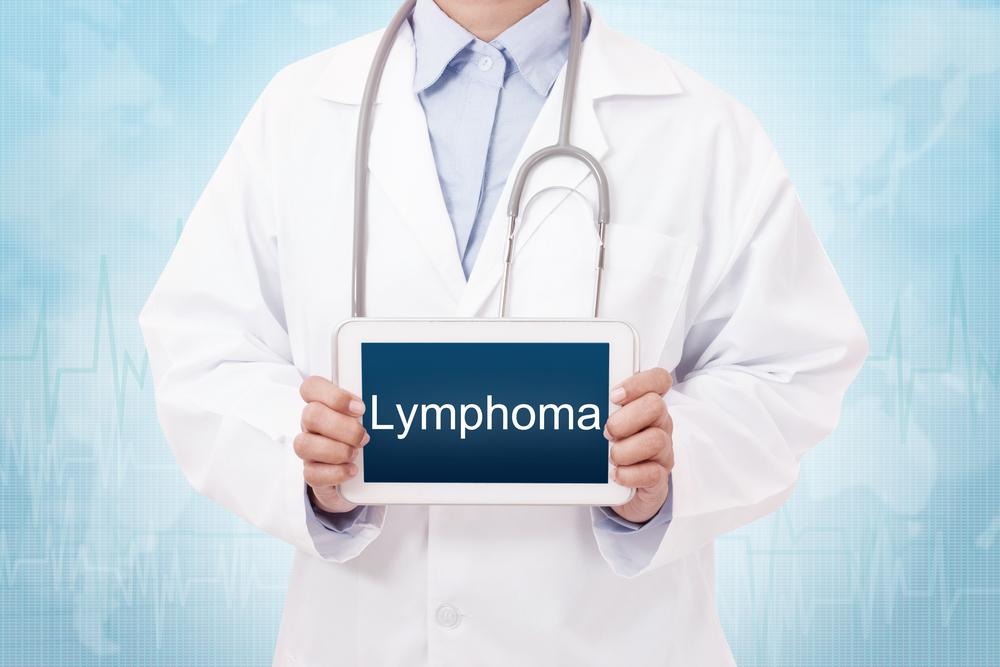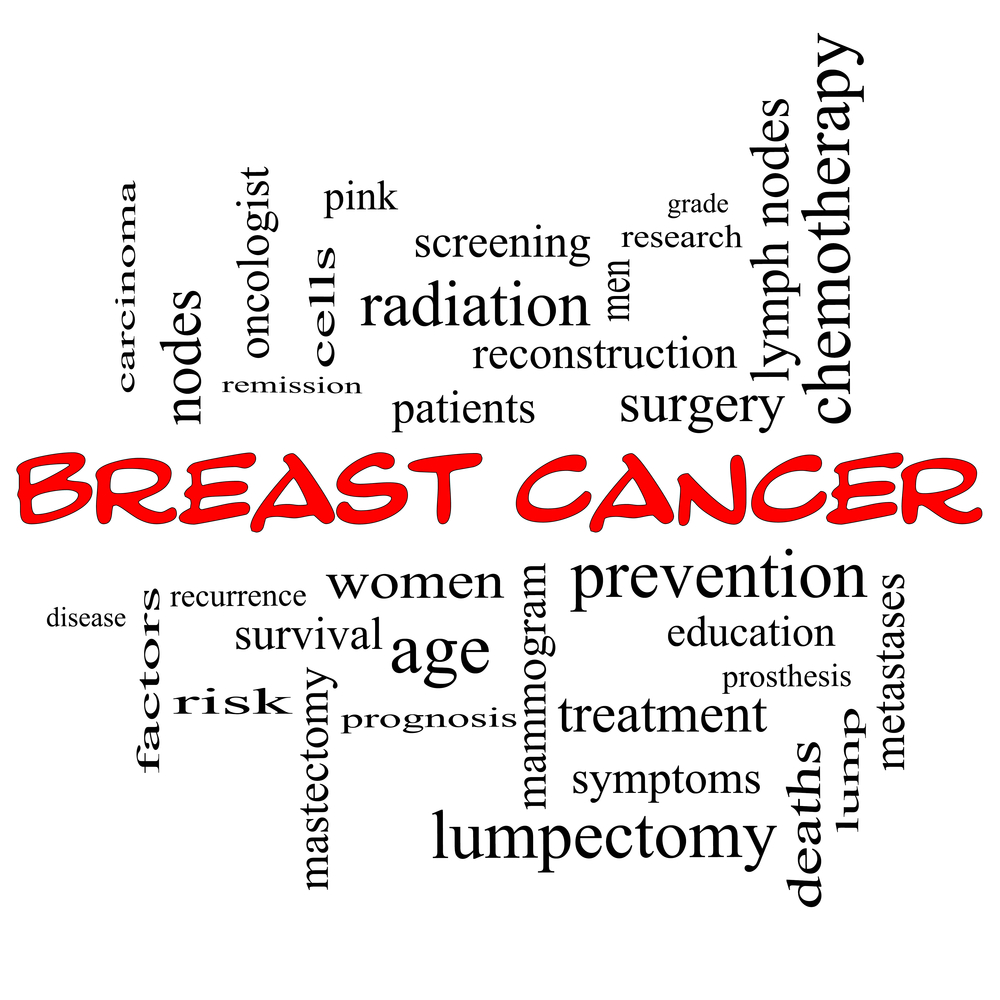Understanding Chemotherapy: A Key Cancer Treatment Approach
Chemotherapy is a vital component of cancer treatment, targeting cancer cells throughout the body in cases of metastasis. It is often combined with radiation and surgery to improve outcomes. Treatment plans are tailored according to cancer type, stage, and patient health, with careful dosing and scheduling. Adjustments are made based on side effects, and supportive care is provided to enhance recovery. Understanding these aspects helps patients well prepare for their chemotherapy journey, maximizing safety and effectiveness.
Sponsored

Although often linked to cancer therapy, chemotherapy refers broadly to the use of drugs to treat various illnesses. In cancer care, chemotherapy aims to destroy malignant cells systemically, especially when cancer has spread beyond the original site. It is commonly combined with radiation therapy, targeting localized tumor areas, and surgical procedures to improve outcomes.
The main objectives of chemotherapy include curing the disease, managing symptoms, and improving quality of life through palliative care.
Before initiating treatment, physicians formulate a plan considering several factors:
Selection of Chemotherapy Drugs
Doctors evaluate the type, stage of cancer, patient’s age, overall health, and prior treatment history to choose the most effective chemotherapy agents.
Planning Chemotherapy Sessions
Treatment is administered in cycles, which include days of drug delivery followed by rest periods to allow healthy tissue recovery. The schedule depends on cancer specifics and treatment goals.
Determining Dosage
Chemotherapy drugs can have potent side effects, necessitating precise dosing tailored to the patient’s size, age, and health status. This approach ensures maximum effectiveness while minimizing risks.
Adjusting Treatment Plans
Some patients experience severe side effects, leading to modifications in the chemotherapy schedule. Supportive medications may also be prescribed to aid recovery between sessions.






